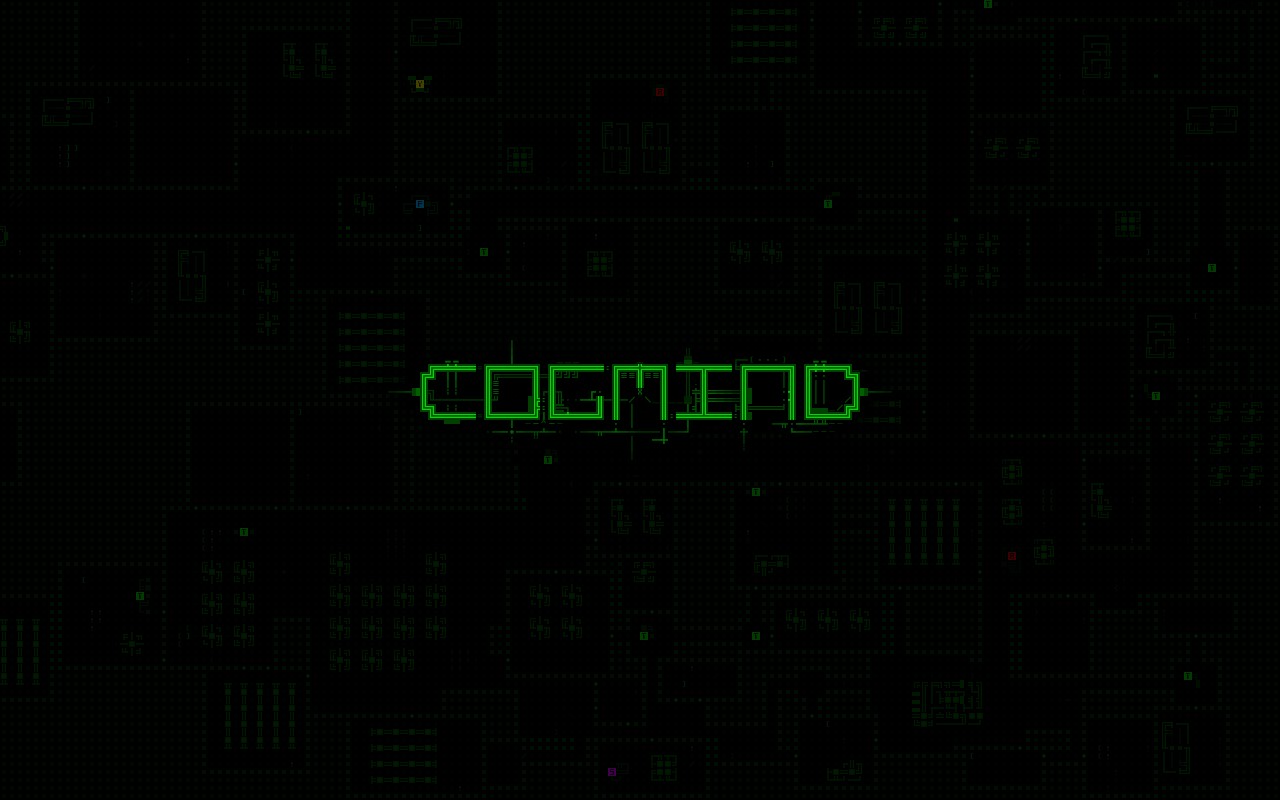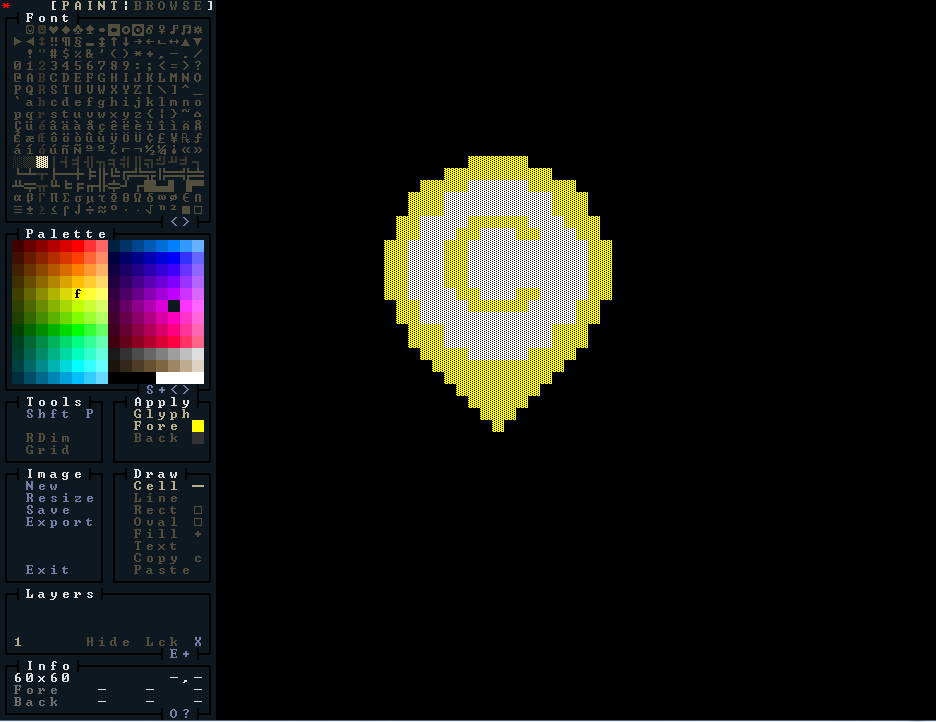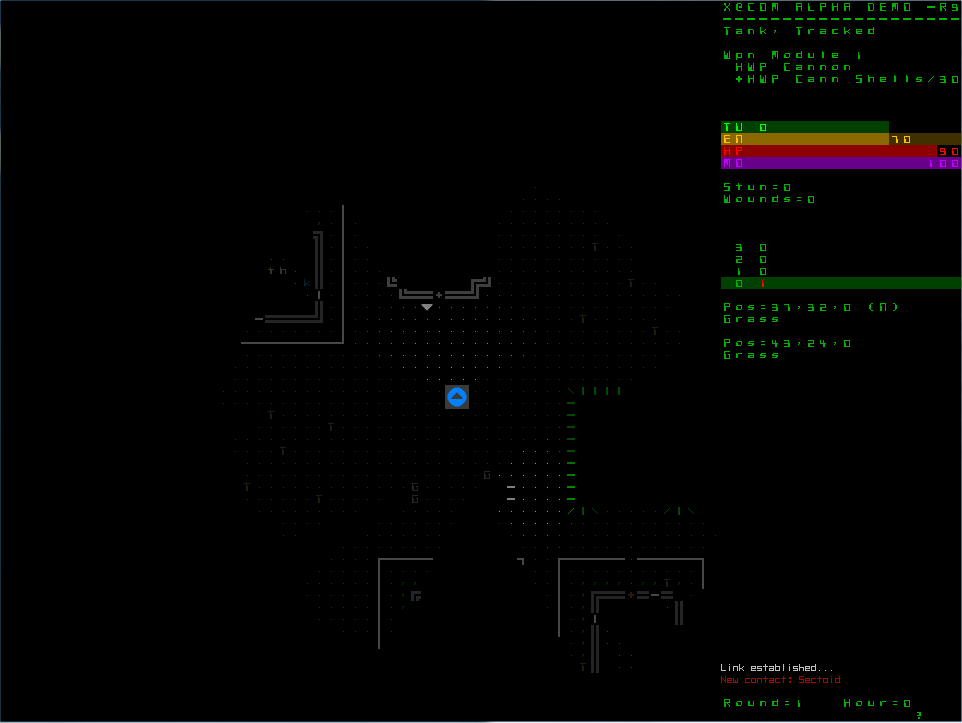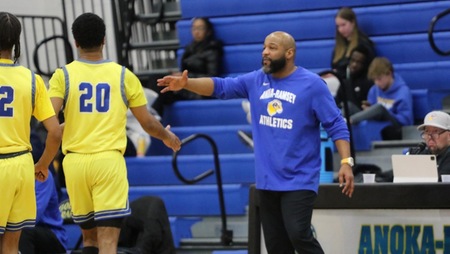A look into indie game development with the creator of the game “Cogmind”
By: Luke Gentle
Staff Writer

Q: What was your first experience with programing/game development?
A: My absolute first “programming” experience would have to be with Turtle Graphics on the Apple IIs in our elementary school computer lab in the 80s. But that’s just basic stuff and I didn’t really start getting into programming actual games until college, when I wrote some text-based games starting in 1999. Before that I spent a lot of time instead modding and designing levels/maps for games I enjoyed playing.
For more you can check out my talk at this year’s Roguelike Celebration, where I gave a 15-minute introduction to my early gamedev history before and after discovering roguelikes. That covers over a decade of what got me to where I am today.

Q: When did you start working on Cogmind / when did you start Grid Sage Games?
A: Cogmind was first written in 2012 for the 7DRL competition (a game jam where developers spend no more than a week working on a new roguelike). I just did it for fun after which it sat for a year with no plans to do anything more with it, but in mid-2013 I came to a point in my life where I’d have to choose between a regular job with little time for hobby dev, or full-time game development, and I chose the latter. Everyone in the community had loved playing Cogmind so much that it became the project I decided to go commercial with.
Q: Is there anyone else working on Cogmind? If not, what are the toughest challenges you face when developing games?
A: Just me, although I did outsource the tileset and trailer score to freelancers. The main challenge is time. As a solo developer who has to do coding, art, game design, sound design, marketing, web work, business… pretty much everything (!) by myself, there’s always so much to do and it never feels like there are enough hours in the day. Working with others comes with its own problems, though, so I wouldn’t have it any other way.

Q: Have you taken any classes in programming?
A: Only one. When I started as a freshman at UC Berkeley I was really interested in CS as a possible major, but quickly realized (once again) that I’m simply too terrible at math to edge my way into such a competitive program. That semester I did take a recommended “Intro to CS” class, however, and because it turned out to be way too easy, I instead used the time as an opportunity to work on my own coding project. Everything else I’ve learned that’s actually helped me came from reading a few books and internet articles! And experimenting!
Q: If someone was interested in getting into game development, or programming in general, where would you recommend they start?
A: Game development, and even just programming, is such a huge field that it really depends on a lot of factors and what one’s ultimate goals are. Myself and many other independent developers are living examples that a formal education isn’t absolutely necessary. The internet is such a vast resource–I wish I had it when I was younger! Getting into a AAA setting on the other hand is a different story. Talking to other people with experience in the target job position (or reading what they have to say) is a must. One thing I regret not doing much earlier in my own dev history is getting out there and talking to more people. In any case, it’s quite easy to get started nowadays: Find an intro programming book/website and dive in. Then in creating one’s own projects, try to start small (almost everyone starts way too big, which is a recipe for frustration and failure). And keep at it, because the requisite skills don’t always come naturally—I had plenty of failures over the years but stayed determined, and it’s paid off in the end.
Q: Who or what are your biggest inspirations for your video games?
A: Most of my inspiration comes from seeing other cool products in a similar medium, and wanting to reproduce them in my own way. It was like that with sci-fi novels and my early efforts at writing stories, and it’s like that now with games, where I’ve been playing them my whole life and have always wanted to create some of my own. Specific games have certainly had a disproportionate influence on me, e.g. the game I was working on before Cogmind was a remake of X-Com: UFO Defense, one of my favorite games of all time.
If you’re interested in Josh’s game “Cogmind” you can check out a review here. You can check out and buy “Cogmind” from the Grid Sage Games website and receive a DRM-free copy to download for $24.99.
November 2016






